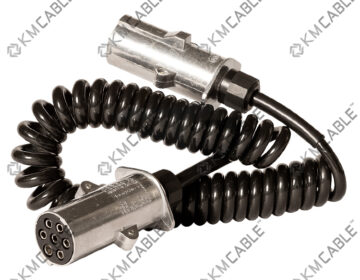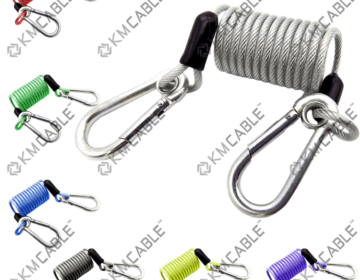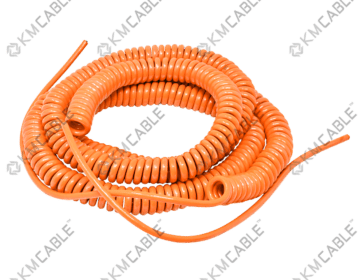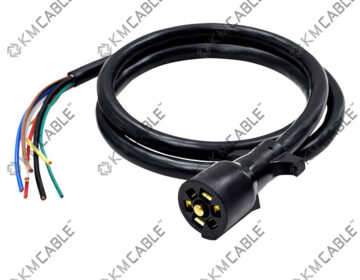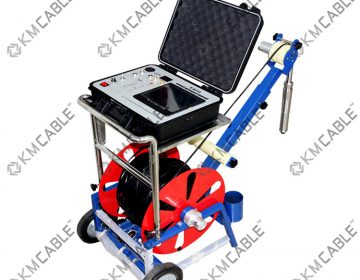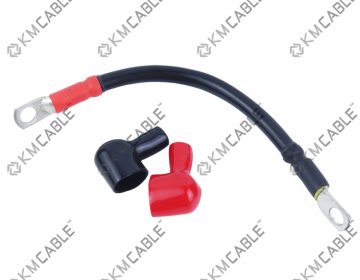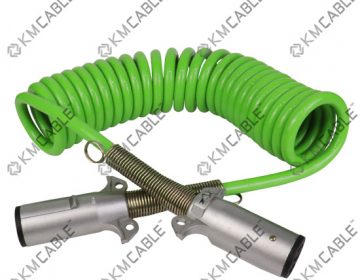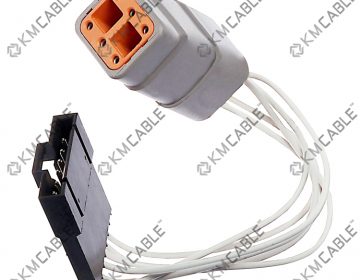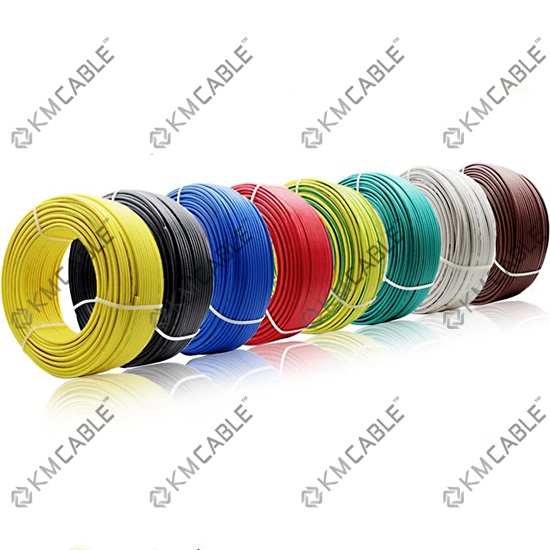
Industrial wire and cable selection is a critical aspect of designing and maintaining efficient, reliable, and safe electrical systems in various industrial settings. These cables serve as the lifelines of industrial infrastructure, carrying power and data to power machines, equipment, and processes. In this comprehensive guide, we will break down various industrial wire and cable types and their uses, offering guidance on choosing the right cables for different industrial setups.
Understanding the Basics: Types of Industrial Cables
- Power Cables: Power cables are designed to transmit electrical power from one point to another within an industrial facility. They come in various voltage ratings and can handle a wide range of current loads. Types include low-voltage power cables for general power distribution and high-voltage cables for specific applications like substations.
- Control Cables: Control cables are used to transmit signals, often in the form of low-voltage electrical currents or data, to control equipment and processes. They are essential for automation systems, robotics, and machinery control.
- Instrumentation Cables: Instrumentation cables are specifically designed for transmitting low-level signals from sensors and measuring devices. They are crucial in industries like petrochemical, pharmaceutical, and manufacturing where precision measurements are critical.
- Data and Communication Cables: Data and communication cables facilitate the transmission of data and voice signals in industrial environments. This category includes Ethernet cables, fiber optic cables, and communication cables for industrial protocols like Modbus or Profibus.
- Fiber Optic Cables: Fiber optic cables are ideal for high-speed data transmission, immunity to electromagnetic interference, and long-distance communication. They are commonly used in industries where high bandwidth and secure data transfer are paramount.
Choosing the Right Cable for Your Industrial Setup
Selecting the appropriate industrial wire and cable is essential for ensuring safety, reliability, and efficiency in your operations. Here are some key factors to consider:
- Environmental Conditions: Assess the environmental factors your cables will be exposed to, including temperature extremes, humidity, chemicals, and physical wear and tear. Choose cables with appropriate insulation and jackets designed to withstand these conditions.
- Voltage and Current Ratings: Ensure that the cables you choose can handle the voltage and current requirements of your equipment and systems. Overloading cables can lead to overheating and safety hazards.
- Cable Flexibility: Depending on the application, you may need flexible or rigid cables. Moving machinery often requires flexible cables to withstand constant bending and flexing.
- EMI/RFI Considerations: Electromagnetic interference (EMI) and radio-frequency interference (RFI) can disrupt signals. Select cables with shielding to mitigate these issues in sensitive applications.
- Chemical Resistance: In industries where exposure to chemicals is common, like manufacturing or petrochemical, choose cables with insulation and jackets that resist chemical damage.
- Abrasion Resistance: For applications involving cables dragged over rough surfaces or subjected to physical stress, cables with high abrasion resistance are essential.
- Compliance and Standards: Ensure that the cables you select comply with industry standards and regulations. This ensures safety and reliability in your industrial setup.
- Future Expansion: Consider future expansion and the potential need for additional cables. Choosing the right cable types and sizes now can save time and costs down the line.
Industrial wire and cable selection is a crucial aspect of ensuring the efficiency, safety, and reliability of electrical systems in industrial settings. By understanding the different types of industrial cables and their applications, as well as considering environmental factors and specific requirements, you can make informed choices that benefit your industrial setup both now and in the future. Always consult with experts or engineers when in doubt to ensure the integrity of your electrical infrastructure.

